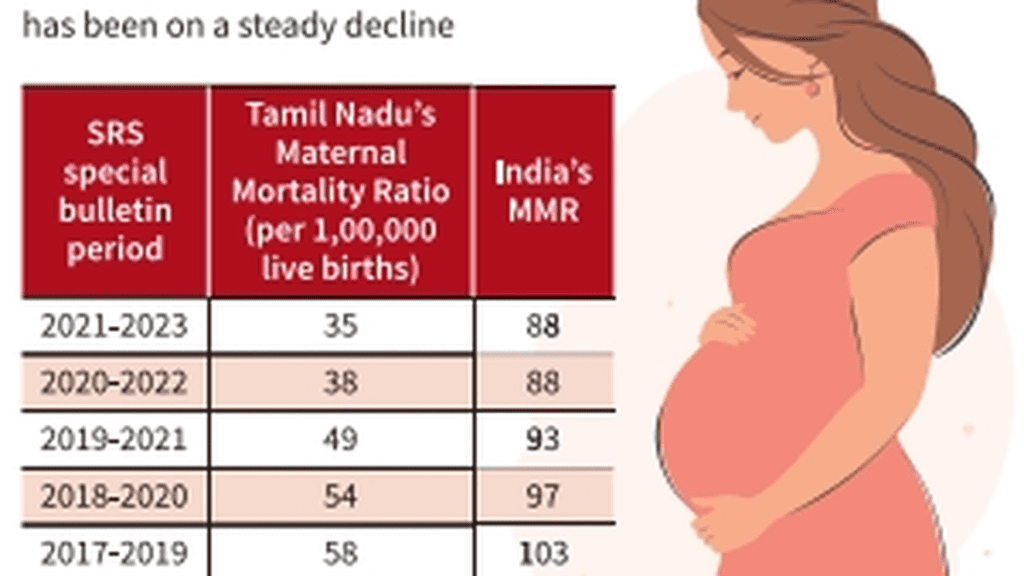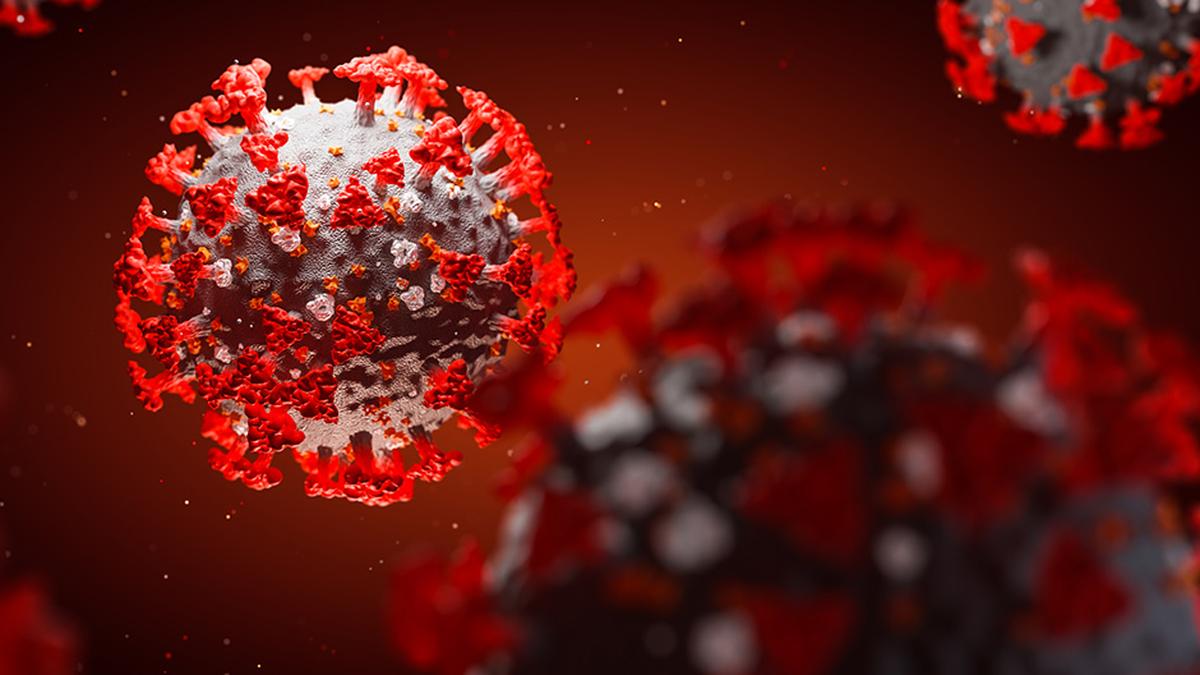What is the ‘vomiting bug’ norovirus? Explained Premium

What is the ‘vomiting bug’ norovirus? Explained Premium
Even as India comes to term with the human metapneumovirus (HMPV) and doctors urge calm among citizens, the United States is grappling with outbreaks of another viral illness — norovirus. Media reports indicate that cases of this highly-contagious ‘vomiting bug’ have spiked this winter. Here’s quick guide as to what this virus is and how to safeguard against it.
Norovirus is a common group of viruses that cause vomiting and diarrhoea. It belongs to the Caliciviridae family of viruses that cause inflammation of your stomach and intestines. There are many different strains of norovirus. The virus was first identified in stool samples collected after a gastroenteritis outbreak at a school in Norwalk, Ohio in 1968. It is, according to the Centers for Disease Control and Prevention (CDC), the leading cause of vomiting and diarrhea, and food-borne illness in the United States.
Stomach pain, nausea, diarrhoea and vomiting are the most common symptoms. Symptoms usually set in within 12 to 48 hours of exposure to the virus and usually last one to three days. Some people may also have muscle pain, headaches and fever. Several bouts of vomiting or diarrhoea could also lead to dehydration, the symptoms of which include, dry mouth and throat, decreased urination and feeling dizzy when getting up. According to the CDC anyone who consumes raw shellfish is at risk of contracting norovirus. Children younger than five, older adults, and people with weakened immune systems are more likely to develop severe infections.
Norovirus is extremely contagious. It can spread through contaminated food or water, contaminated surfaces or close contact with someone who has the virus. A person is most contagious when they have symptoms of norovirus, especially vomiting, but continues to remain contagious for a few days after they get better. The infection occurs most frequently in closed and crowded environments.
Norovirus can usually be treated at home with rest and taking a lot of fluids. There are no specific medicines to treat norovirus. Patients must ensure they do not get dehydrated. Oral rehydration fluids can help with dehydration.
Washing your hands with soap and water frequently and thoroughly is one of the best preventive measures. Hand sanitisers are not effective against norovirus. In addition, wash all fruits and vegetables before cooking or consuming them. Cook seafood thoroughly. Disinfect contaminated surfaces. Wash your laundry in hot water and stay at home for 48 hours if you are sick.










